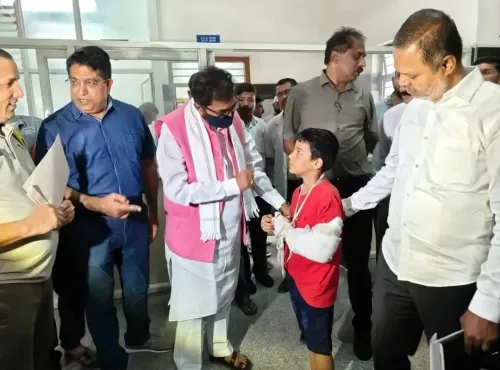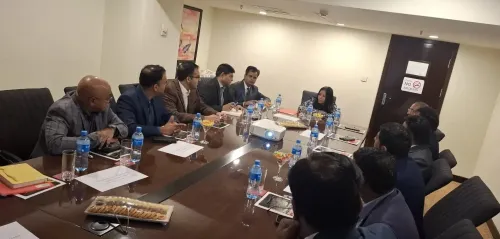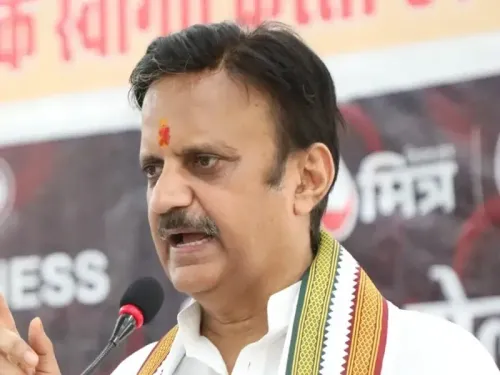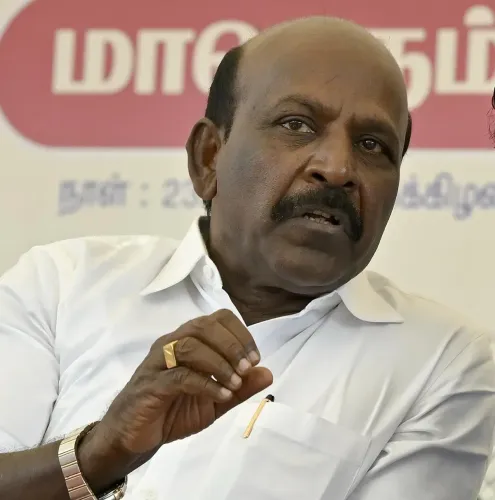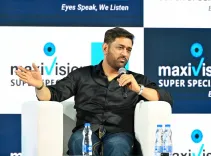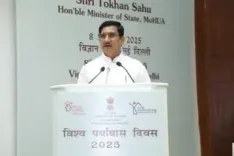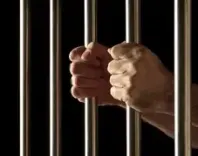Has Fiji Launched Its First National Child Safeguarding Policy?
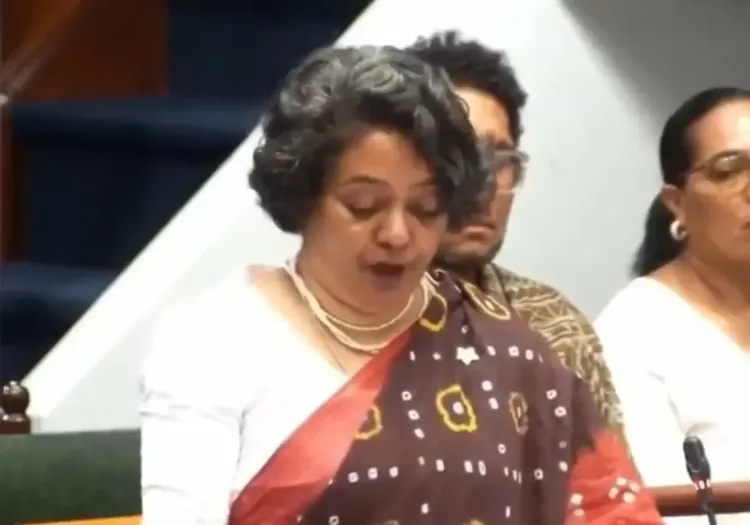
Synopsis
Key Takeaways
- The launch of Fiji's National Child Safeguarding Policy marks a historic commitment to child safety.
- Children make up a significant percentage of sexual offense reports.
- The policy includes essential protective measures for children.
- It aims to foster accountability within organizations serving children.
- The initiative reflects regional concerns about child protection in the Pacific.
Suva, Oct 8 (NationPress) Fiji has unveiled its inaugural National Child Safeguarding Policy, establishing a groundbreaking standard for child safety that spans all sectors of society.
The Minister for Women and Children, Sashi Kiran, hailed the initiative as a defining moment for the nation, emphasizing that it represents a collective pledge to shield children from violence, abuse, and exploitation, as reported by the Fiji Broadcasting Corporation on Wednesday, according to Xinhua.
Kiran highlighted that children constitute nearly 63 percent of all sexual offenses documented by the police annually.
In 2022, this alarming statistic rose to 70 percent, which included 34 infant victims. She remarked on the immense economic toll of such violence, with the Fiji Bureau of Statistics estimating that the financial impact of violence against children is about 460 million Fijian dollars each year (approximately 202 million U.S. dollars), excluding the enduring emotional and psychological trauma faced by victims.
The new policy guarantees that all services pertaining to children are provided in a safe, respectful, and child-friendly manner.
It delineates specific actions for institutions and organizations to avert harm, including a mandatory Child Protection Code of Conduct, child-safe recruitment and vetting procedures like criminal background checks, and customized risk mitigation strategies.
Kiran noted that the policy also offers precise guidance for human resource practices, especially within ministries and agencies that engage directly with children, fostering a culture of accountability and safety at all levels of service delivery.
The launch occurred against a backdrop of escalating regional concern regarding child protection in the Pacific, where cultural taboos, insufficient resources, and underreporting have frequently allowed cases of abuse to remain concealed or unresolved.
UNICEF has indicated that Pacific Island nations experience some of the highest levels of violence against children globally, with many victims suffering abuse within their homes or communities.

